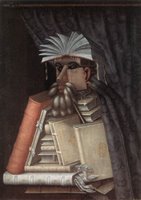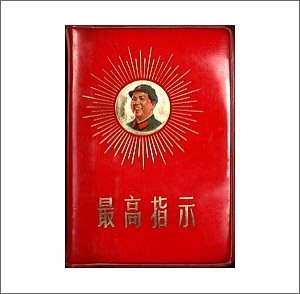
On nearly a daily basis I am making connections between what I'm reading or studying and what I'm hearing on the radio, perusing on the web, or seeing on television news, so I've decided it's time to put all those observations into a more permanent framework. Through the lens of my studies in the fields of literature, philosophy, and history I hope over the course of these posts to be trying to get you to think about how so many things going on in our world are interconnected. My basic ideal is that posited in E.O. Wilson's Consilience. We are entering a new age, where the different disciplines of study must once again come together into a new studia humanitatis that provides to those who want to learn the tools necessary for understanding their world and becoming better citizens within it. I saw a quote today on a Starbucks "The Way I See It" cup that admirably summed up this last idea: "Our species' survival depends on how fast we embrace the moral shift from "patriot" to "global citizen."

